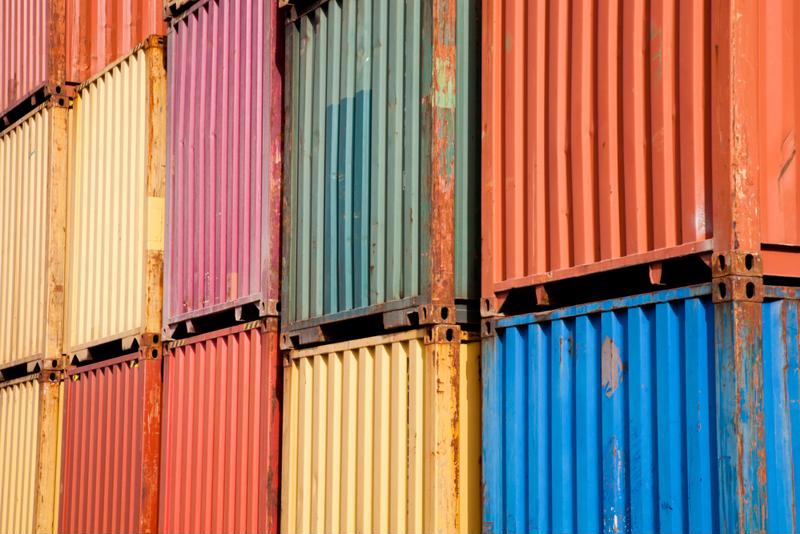Bloomberg reported that "modest improvements are showing up" in a number of industry forecasts, with the consensus among economists that the so-called supply strain is close to being under control. In addition, the shortages experienced within the supply chain in the last two years are likely to be dealt with in the near future, albeit that consumer demand for certain goods and services has also slowed, the news source said.
"Pressures in the global goods sectors, which have been a central driver of inflation, may finally be easing," Citi's Global Chief Economist Nathan Sheets wrote in a cited research note. "The bad news is that this looks to be occurring on the back of a slowing in the global consumer's demand for goods, especially discretionary goods, and thus may also signal rising recession risks."
Modest improvements are better than none at all
Despite Sheets' glass-half-full assessment of the supply chain, it is fair to say that companies will be keen to get back to normal sooner rather than later. Bloomberg cited several reports that give a good overview of where the distribution and logistics sector sits in terms of economic activity, and there is little doubt that the average consumer is more than aware of the challenges that the industry has faced in recent months.

The caveat is that the black swan event of 2020 was not only a catalyst for disruption but also an indication of future pain points within the supply chain itself. The U.S. Federal Reserve, for example, refers to these gaps as "shortages," with its latest Beige Book (aka the Summary of Commentary on Current Economic Conditions) noting that the labor market, materials or other essential elements for production are likely to be defining factors in determining a return to normalcy.
Companies should already be acutely aware that the pandemic is no longer the only disruptive game in town. According to Bloomberg's reading of the various reports, the war in Ukraine and China's "ability to remain a trade powerhouse" will have a significant bearing on how quickly the global supply chain will adapt to the new normal. In addition, the traditional markers for consumer confidence and spending – holiday shopping, for instance – may have to rely on the reduction of reported container congestion at major ports and other distribution centers.
"We'll be seeing back-to-school, fall fashion, Halloween and the all-important year-end holiday goods coming across the Pacific in the weeks and months ahead," said Gene Seroka, Port of Los Angeles Executive during a press briefing on July 13. "Even though some retailers have high inventories and may look to discount goods, I expect imports to remain strong — though tapered — versus last year."
Time will tell if the world is back on track but, for the moment, the signs are encouraging. And that is what really matters.



Post A Comment:
0 comments so far,add yours